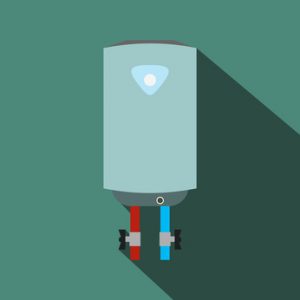 A tankless water heater is an upgrade that most homeowners around the world should be considering. It comes with a wide range of benefits, many of which you probably haven’t even considered. If you’re thinking about getting a tankless heater, or it’s just time to replace your hot water heater and you’re researching your options, it makes a lot of sense to take a moment to learn about the benefits of a tankless setup. Here’s a quick overview of the main ones for you to think about.
A tankless water heater is an upgrade that most homeowners around the world should be considering. It comes with a wide range of benefits, many of which you probably haven’t even considered. If you’re thinking about getting a tankless heater, or it’s just time to replace your hot water heater and you’re researching your options, it makes a lot of sense to take a moment to learn about the benefits of a tankless setup. Here’s a quick overview of the main ones for you to think about.
Save You Space
If you live in a smaller apartment or a home that doesn’t offer that much space, you’ll really notice how much space a tankless water heater saves you. The system is significantly smaller than a unit that has to store as much as 50 or 100 gallons of water at a time, and that means that you’ll have room for something else instead.
Lower Utility Bills
A tankless water heater only heats up water when you need hot water. That means that you aren’t wasting energy heating up water all day long even when it isn’t needed. You’ll save a significant amount of money off your utility bill with a good quality tankless water heater, especially if you don’t rely on hot water all throughout the day.
Never Run out of Hot Water
As long as you have a unit large enough for the needs of your home, you don’t have to worry about running out of hot water when you have a tankless heater. It produces hot water on demand, which means that you can never drain the hot water. If you’ve ever experienced the frustration of trying to take a shower only to be greeted by cold or luke warm water, then it should be easy for you to see the benefit of a tankless unit.
Longer Operating Life
Tankless water heaters are proven to last longer than a standard water heater. While you’ll likely have to replace your standard heater in a decade, you could get two or more decades out of that tankless unit before you have to replace it, which makes the higher cost much easier to justify.
With your tankless unit set up in your home, you’ll be able to enjoy unlimited hot water, you’ll probably save money on utilities, and you should be able to get more operating life out of the unit before you have to deal with the cost of replacing it.